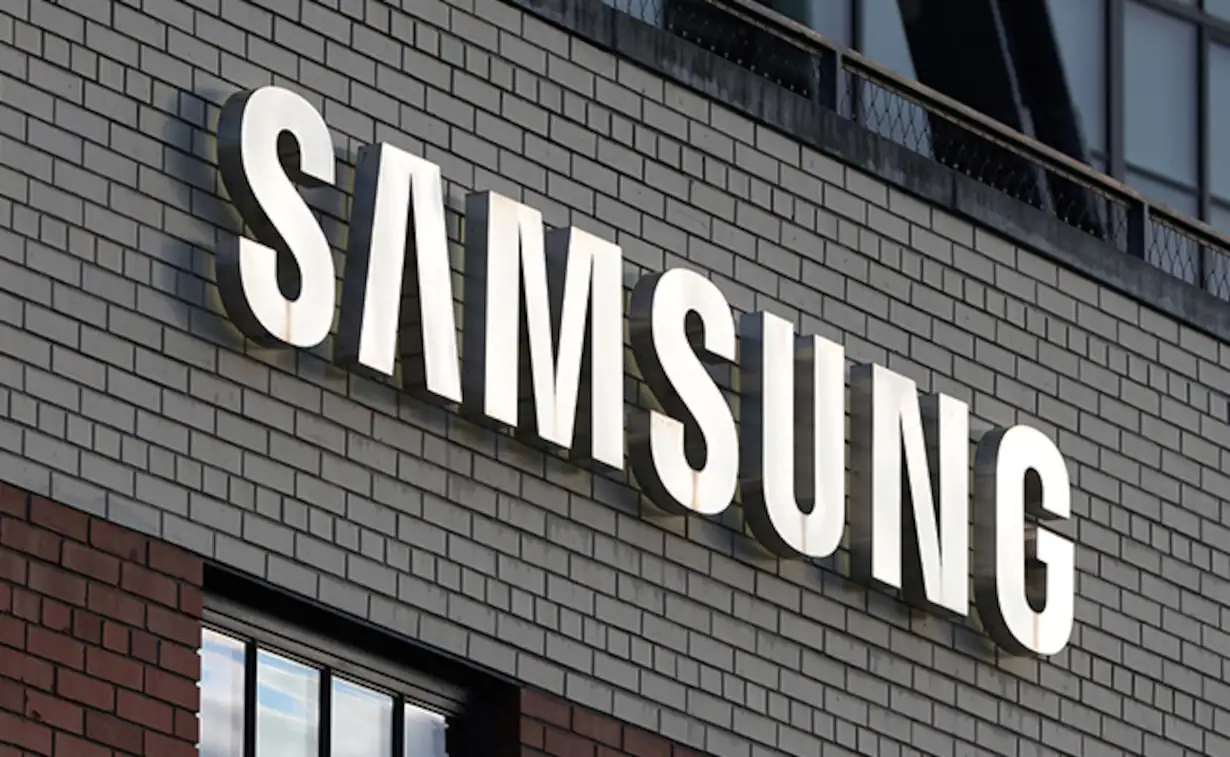The operational profit of South Korean electronics giant Samsung fell dramatically in the first quarter as a result of sluggish demand and persistently falling prices for its memory chips.
Here are Samsung’s first-quarter results in a nutshell:
Revenue decreased by 18% year over year to 63.75 trillion Korean won, or roughly $47.6 billion. According to Refinitiv consensus estimates, it is less than the 63.9 trillion Korean won experts had anticipated but in line with Samsung’s own prediction of around 63 trillion Korean won.
Operating profit fell from 14.12 trillion Korean won a year earlier to 640 billion Korean won, or around $478.55 million. The business predicted that Q1 earnings would be 600 billion Korean won earlier this month in its projections.
Since the first quarter of 2009, the company’s operational profit has never been lower.
The sales of memory chips that are used in everything from personal computers to cellphones to servers in data centers have historically been Samsung’s largest source of profits.
In contrast to its semiconductor business’ 8.45 trillion won profit over the same time previous year, Samsung reported a loss of 4.58 trillion Korean won.
As consumer device demand rose during the epidemic, chip manufacturers for smartphones and PCs stocked up on supplies. However, as inflationary pressures rise, people are reducing their purchases of these products, leaving smartphone and PC manufacturers to deal with excess inventories. Samsung’s memory chip costs have decreased as a result of this.
However, Samsung does predict a rebound in the second part of the year. Samsung stated that demand “is anticipated to gradually recover in 2H amid projections that customer inventory levels will have decreased.”

